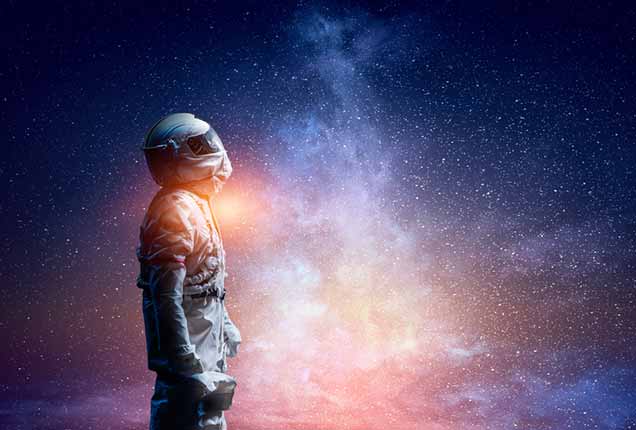The Moon and Mars are remote and forbidding but it’s fairly easy to turn their soil into construction material and mine it for water to drink and oxygen to breathe.
Several astronauts have spent more than a year in zero gravity, and they experienced muscle loss, brittle bones and difficulties with vision. A space station could be spun up to ameliorate these problems, and for colonists on the Moon and Mars, gravity would be reduced, not absent. Their capillaries and cardiovascular systems would adjust, and muscle mass would be shed.
Few of us would relish living in the isolation and close confines of a bubble habitat far from home. The lack of a varied natural environment is likely to lead to weaker immune systems. However, the colonists will innovate in the activities of exercise and sex. Their space suits will be made from materials that are supple, supportive and skin-tight, and we might envy their ability to effortlessly leap and cavort across the surfaces of their new worlds.
If early colonies are restocked with new recruits from Earth, physiological changes will be modest. But subsequent waves of colonists may sever the umbilical; they might be dissidents or motivated by utopian ideals. As they live and die off-Earth, their psychological landscape will be sculpted by their new environment. Biologically, they will evolve into a new offshoot from the human tree.
